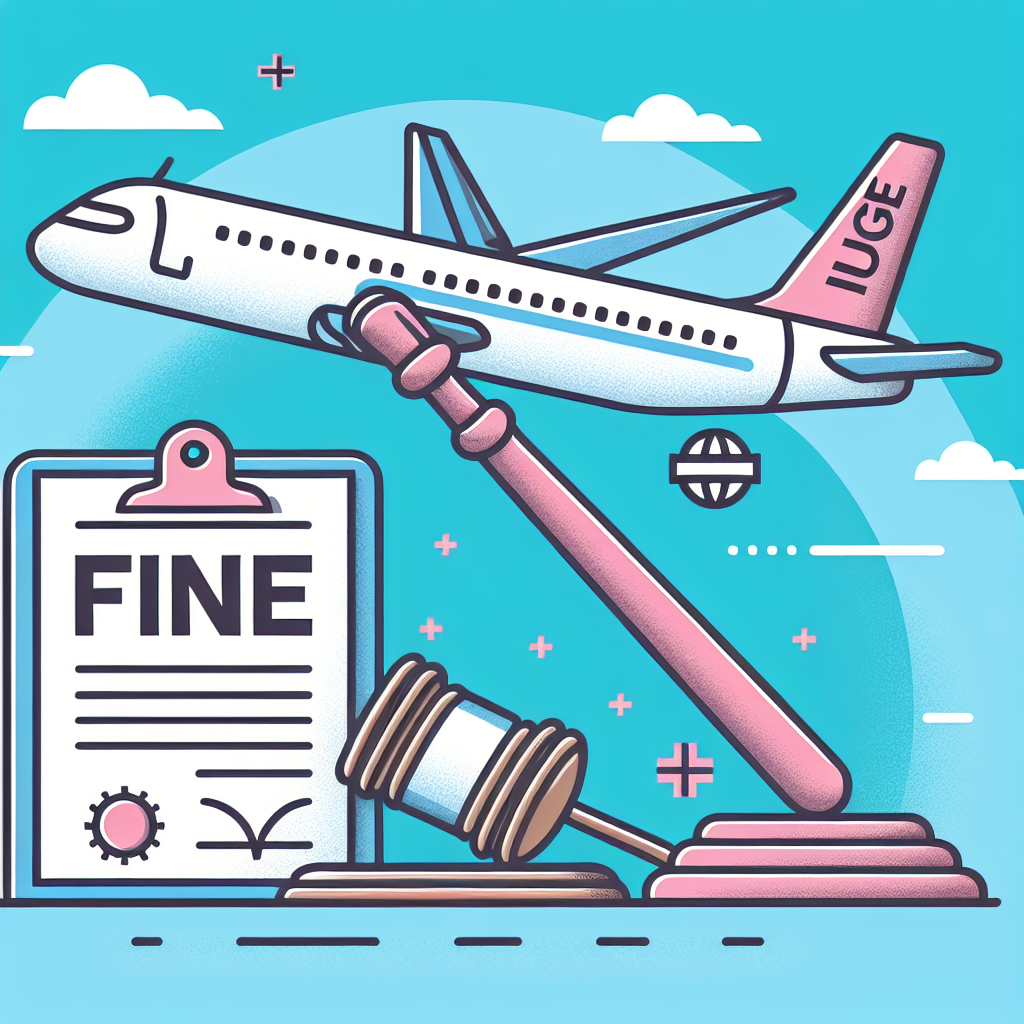Spain Fines Budget Airlines Including Ryanair €179M Over Luggage Fees

Background on the Fines
Recently, the Spanish Consumer Rights Ministry imposed significant fines amounting to €179 million on five budget airlines, notably including Ryanair, for additional charges on hand luggage and seat reservations. The decision has sparked controversy as the airlines are gearing up to appeal against these penalties, which they decry as illegal and unfounded.
Impact on the Airline Industry
This development comes as a significant measure against low-cost carriers, which have thrived under Europe's Open Skies regime, allowing them to offer competitive fares by establishing additional charges. Ryanair's Chief Executive, Michael O'Leary, has voiced that banning these practices could hamper the business model of low-cost airlines. According to Ryanair, these surcharges are essential for ensuring the provision of cheaper tickets by offsetting other operational costs.
Legalities and Industry Response
The fines are supported by Spain's consumer laws which some argue are outdated, originating from pre-European Union membership times. This legislation, according to Ryanair, conflicts with European Union rules which have historically empowered airlines with the autonomy to set fares and additional charges.
The Spanish Airlines Association (ALA), which represents a considerable portion of the air traffic industry, has labeled the fines as disproportionate and has also signaled its intention to contest these sanctions in court. The penalties not only hit Ryanair but also affected other airlines like easyJet, Vueling, Norwegian Airlines, and Volotea, demonstrating a broader resistance within the industry against regulatory moves seen as detrimental to their business models.
Future of Low-Cost Air Travel
This issue highlights the ongoing debate between consumer protection and commercial freedoms in the airline industry. As airlines fight back through legal means, the outcome could set a precedent for how additional fees are treated under European law and might significantly shape the future operations of low-cost carriers across Europe.
As airlines push back against these newly imposed regulations, the situation brings to light the complex interrelation of national laws and broader European regulations, which can sometimes conflict, leading to significant financial and operational implications for businesses.
Conclusion
As the battle over these fines unfolds, the airline industry will be closely watching to see if Spain manages to uphold its decision through the courts or whether airlines can successfully appeal to preserve their cost structures. Regardless of the outcome, this case underscores the delicate balance between maintaining low ticket prices for consumers and regulatory oversight to protect consumer rights.




